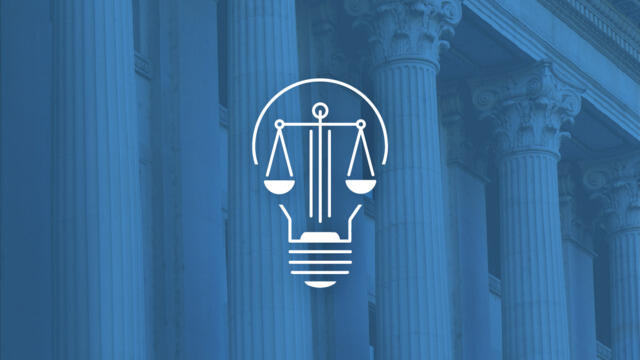A number of our students have recently asked questions about the First Amendment, so we wanted to take a moment to clarify this framework for everyone. We will also briefly review the Citizens United decision, just in case it is tested.
When discussing First Amendment issues, the best way to proceed is to first ask whether the type of speech you are dealing with is protected speech.
Only if you determine that the speech is protected - i.e. not (1) speech by government officials, (2) speech inciting imminent lawless action, (3) fighting words, (4) defamation or libel, (5) obscene speech or (6) commercial speech-then you would proceed with the analysis of protected speech.
The analysis for protected speech is two-steps: (1) is the restriction content based and (2) if content based = strict scrutiny but (2) if not content based (i.e. time, place or manner restriction on protected speech), then we need to discuss where the speech is taking place: public forum, limited public forum or non-public forum and apply the standard for the relevant forum.
However, if the type of speech you encounter is not protected speech, then you would just apply the standard for that type of speech. For example, since commercial speech is not considered protected speech, your analysis would be as follows: (1) truthful commercial speech = intermediate scrutiny or (2) false, deceptive or proposes illegal activity = unprotected speech.
Citizens United v. Federal Election Commission
In 2010, the Supreme Court held that the First Amendment prohibited the government from restricting independent political expenditures by corporations and unions.
The majority argued that the First Amendment protects associations of individuals in addition to individual speakers, and further that the First Amendment does not allow prohibitions of speech based on the identity of the speaker. Corporations, as associations of individuals, therefore have speech rights under the First Amendment. Because spending money is essential to disseminating speech, as established in Buckley v. Valeo, limiting a corporation's ability to spend money unconstitutionally limits the ability of its members to associate effectively and to speak on political issues.
The Court, however, upheld requirements for public disclosure by sponsors of advertisements. This case also did not change the federal ban on direct contributions from corporations or unions to candidate campaigns or political parties, which remain in effect.











